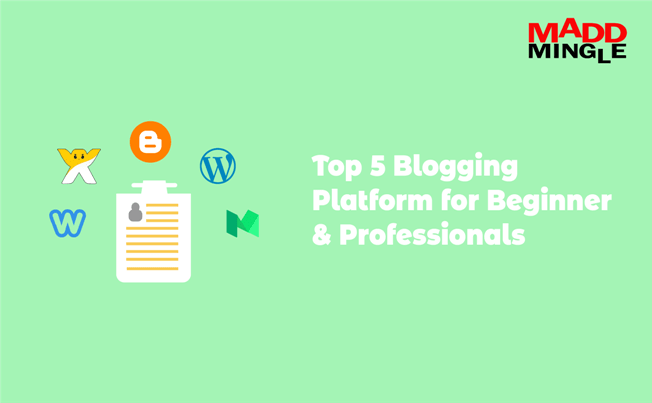Expanding your business to global markets requires a strong digital presence, and a well-optimized website can help you achieve international success. Leveraging the expertise of a multilingual SEO consultant ensures that your website is optimized for different languages, regions, and search engines. This specialized approach helps improve search engine rankings, increase organic traffic, and boost conversions from diverse audiences worldwide. Implementing a multilingual strategy enhances user experience, making it easier for potential customers to find your products or services in their preferred language.
The Importance of Multilingual SEO
When targeting international markets, a standard SEO strategy is not enough. Each language and region has unique search trends, cultural preferences, and algorithmic behaviors. A multilingual SEO provider understands these differences and tailors your strategy accordingly. By optimizing content for multiple languages, businesses can expand their reach, enhance credibility, and improve customer engagement. Without proper multilingual optimization, your website may not rank well in non-English search results, limiting your growth potential.
How Multilingual SEO Works
Optimizing a website for multiple languages involves several crucial elements. First, keyword research must be conducted in each target language to identify high-ranking search terms. This ensures that the content is aligned with user intent in different regions. Additionally, implementing hreflang tags helps search engines recognize language-specific pages, preventing duplicate content issues. A multilingual SEO provider also ensures that URLs, meta descriptions, and alt texts are appropriately translated and localized to improve search visibility.
Content Localization for Better Engagement
Translation alone is not enough to succeed in international markets. Content localization plays a key role in making your website culturally relevant to users in different regions. This involves adapting text, images, and even website layout to match local preferences. For instance, humor, idioms, and references that work in one country may not resonate with audiences in another. A multilingual SEO expert ensures that the content is not only translated but also culturally optimized to enhance engagement and conversions.
Technical Aspects of Multilingual SEO
A multilingual website requires a robust technical foundation to ensure smooth indexing and ranking. Search engines must correctly interpret language versions, and this is achieved through proper use of domain structures. Websites can use subdirectories, subdomains, or country-code top-level domains (ccTLDs) depending on their global strategy. Additionally, page speed optimization, mobile responsiveness, and structured data implementation contribute to a better user experience and higher rankings. A multilingual SEO consultant ensures that all these technical aspects are in place, allowing search engines to efficiently crawl and index multilingual pages.
Building High-Quality Multilingual Backlinks
Backlinks remain a crucial ranking factor in SEO, and for global websites, acquiring multilingual backlinks is essential. Earning links from reputable websites in different languages helps improve domain authority and increases visibility in local search results. A multilingual SEO provider identifies link-building opportunities in each target market, securing high-quality backlinks from authoritative sources. Guest blogging, influencer collaborations, and local business directories play a key role in strengthening the website’s link profile.
Avoiding Common Multilingual SEO Mistakes
Many businesses make mistakes when implementing multilingual SEO, leading to poor rankings and decreased traffic. One of the most common errors is relying solely on automated translations, which can result in unnatural and inaccurate content. Another mistake is neglecting to use hreflang tags, causing confusion for search engines and users. Additionally, using a single keyword strategy for all languages fails to consider linguistic variations and search behaviors. A multilingual SEO agency helps businesses avoid these pitfalls, ensuring a seamless and effective international SEO strategy.
The Role of AI and Machine Learning in Multilingual SEO
Advancements in AI and machine learning have revolutionized SEO strategies. Search engines now use AI-driven algorithms to understand user intent and provide more relevant results. Businesses leveraging AI-powered tools for multilingual keyword research, content optimization, and competitor analysis can gain a competitive edge. A multilingual SEO professional utilizes these technologies to refine strategies, enhance personalization, and improve website performance across different languages and regions.
Measuring the Success of a Multilingual SEO Strategy
Tracking and analyzing performance metrics is essential for continuous improvement. Businesses should monitor key performance indicators such as organic traffic, keyword rankings, bounce rates, and conversion rates for each language version. Tools like Google Analytics, Google Search Console, and third-party SEO software provide valuable insights into multilingual SEO effectiveness. A multilingual SEO consultant regularly reviews data to identify opportunities for optimization, ensuring sustainable growth in international markets.
Future Trends in Multilingual SEO
The SEO landscape is constantly evolving, and businesses must stay ahead of trends to maintain a competitive advantage. Voice search optimization, AI-generated content, and mobile-first indexing are shaping the future of multilingual SEO. Additionally, local search optimization is becoming increasingly important as users rely on voice assistants and mobile devices for search queries. A multilingual SEO consultant keeps businesses updated on emerging trends, helping them adapt strategies to stay relevant in the digital marketplace.
Conclusion
Expanding globally requires a strategic approach to SEO that goes beyond simple translation. A multilingual SEO consultant helps businesses optimize their websites for different languages and regions, improving rankings and attracting diverse audiences. By focusing on content localization, technical SEO, multilingual backlinks, and AI-driven strategies, businesses can achieve sustainable international growth. Implementing a comprehensive multilingual SEO plan ensures that your brand remains visible, competitive, and successful in the global digital landscape.




